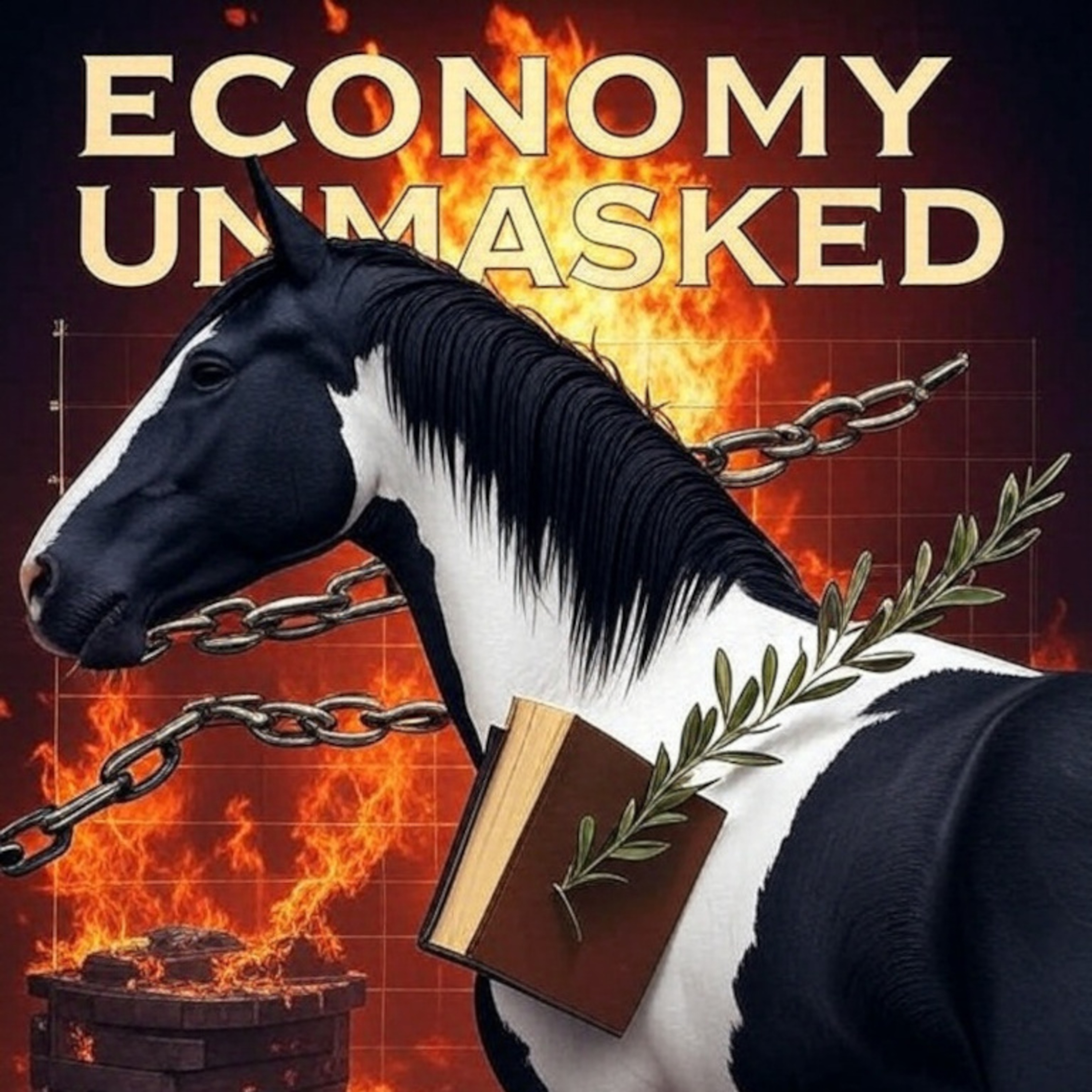Deconstructing Economics: Power, Prediction, and the Myth of the "Rational Fool"
- Author
- Mana Bond Limited
- Published
- Sat 28 Jun 2025
- Episode Link
- https://podcasters.spotify.com/pod/show/mana-bond-limited/episodes/Deconstructing-Economics-Power--Prediction--and-the-Myth-of-the-Rational-Fool-e34ra8q
"Economy Unmasked" by Bernard Maris, translated by Marco Saba, challenges conventional economic thought, arguing that economics often obscures more than it reveals1. The book questions the perception of economics as a "hard science," suggesting that its reliance on complex mathematics and jargon often hides a lack of true scientific rigor.
Maris contends that economists frequently make predictions that are proven wrong, yet they continue to maintain an influential role in society3333. He critiques the "theory of incentives" as an oversimplified approach that merely restates common sense with academic complexity4. The author highlights Keynes's view that economists often explain past errors rather than accurately predict the future, emphasizing the inherent uncertainty in economic forecasting5.
The book argues that economics permeates every aspect of social life, from sports to war, reducing everything to monetary and quantitative terms6. It criticizes the utilitarian foundation of classical economics, which assumes rational individuals maximizing utility, and points out the limitations of this perspective through examples like Gary Becker's economic analysis of crime or family decisions7.
Maris suggests that the field of economics has strayed from its core purpose, which, according to Ricardo, is the question of "sharing" wealth8. He argues that modern economists often overlook issues of distribution, power, and the origin of goods and markets9. The book highlights that the issue of sharing often resurfaces during discussions like pension reforms, revealing the underlying conflict between labor and capital10.
The author also critiques the concept of the "invisible hand" of the market, suggesting that Adam Smith, often misinterpreted, was wary of the self-interest of merchants11. Maris emphasizes the non-economic aspects of human interaction, such as gratuitousness and solidarity, which he argues are crucial but ignored by market-centric views12. He also questions the notion of "wealth" as solely measured by GDP, pointing out that many valuable contributions to society, like volunteer work or cultural heritage, are not accounted for13.
Ultimately, "Economy Unmasked" calls for a more critical and multidisciplinary approach to economics, one that integrates sociology, psychology, and anthropology14. It advocates for unmasking power relations, rejecting false economic laws, and recognizing the importance of history and social context in economic analysis15. Maris concludes with an optimistic vision where society moves beyond the manufactured scarcity of capitalism towards a future where abundance, culture, and freedom reign, as envisioned by Keynes.
https://www.amazon.it/QUANTITATIVE-BALANCING-Architecture-Financial-Stability-ebook/dp/B0FFND2DZN
